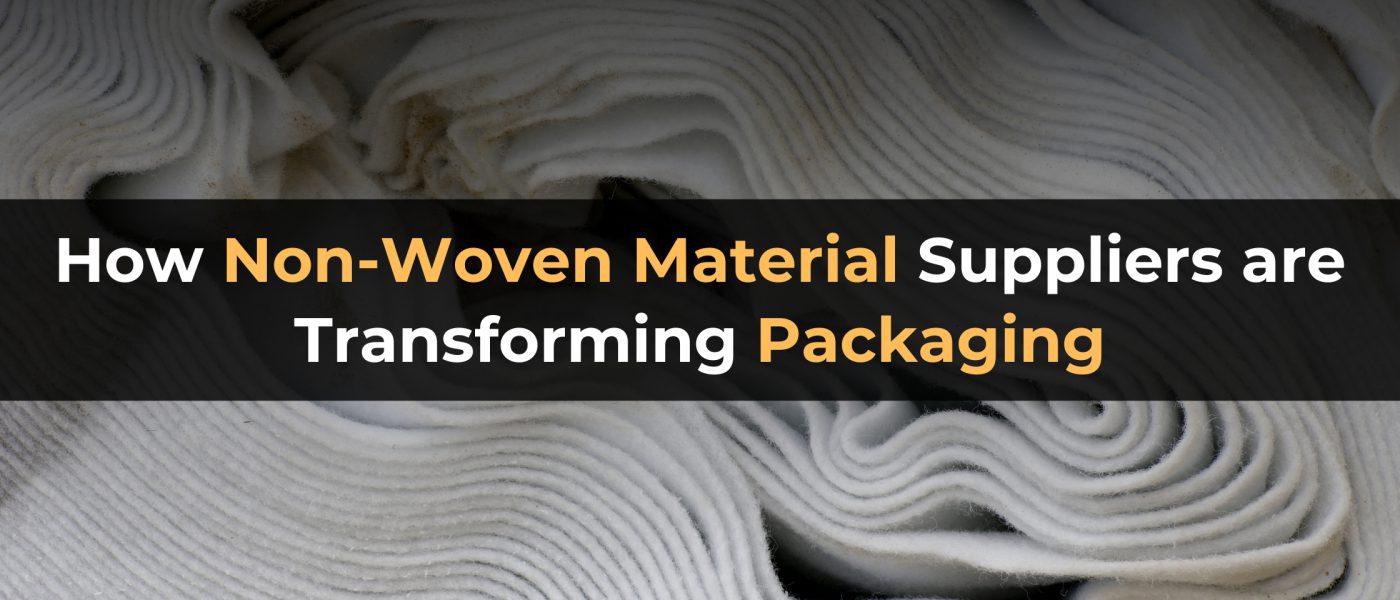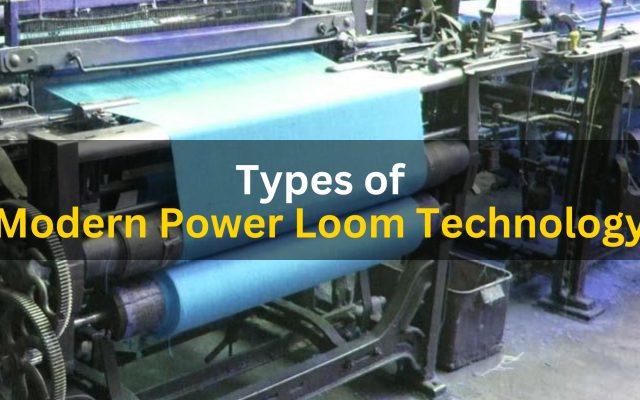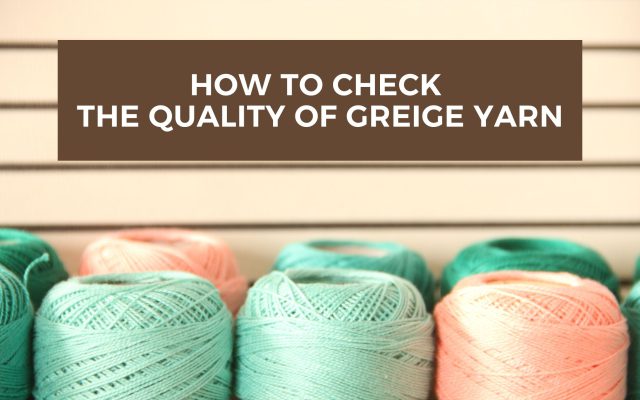In recent years, non-woven materials have emerged as a game-changer in the packaging industry. Unlike traditional fabrics, non-woven materials are created using innovative bonding techniques, making them lightweight, durable, and eco-friendly. This shift is largely driven by non-woven material suppliers, who are at the forefront of providing sustainable and versatile packaging solutions. Additionally, textile companies in India have adopted these materials to meet the rising demand for sustainable packaging.
This article explores how non-woven material suppliers are revolutionizing the packaging sector and their significant contribution to India’s textile industry.
What Are Non-Woven Materials?
Non-woven materials are engineered fabrics made by bonding fibers together using mechanical, thermal, or chemical processes. Unlike woven or knitted textiles, non-woven fabrics do not require weaving or knitting, which simplifies production and reduces costs.
Key Characteristics of Non-Woven Materials
- Lightweight and flexible.
- Strong and durable.
- Biodegradable options available.
- Cost-effective and customizable.
Applications of Non-Woven Materials in Packaging
Non-woven materials are versatile and have numerous applications in the packaging industry:
1. Shopping Bags
Non-woven fabric bags are reusable, biodegradable, and an excellent alternative to single-use plastic bags.
2. Product Wrapping
Used for wrapping delicate items like glassware, electronics, and apparel, non-woven materials provide added protection.
3. Agricultural Packaging
Non-woven materials are used for packaging seeds, fertilizers, and other agricultural products.
4. Healthcare Packaging
Sterile wraps for medical instruments and disposable bags for biomedical waste are often made from non-woven materials.
5. Industrial Use
Non-woven packaging is ideal for heavy-duty applications like machinery covers and industrial product wraps.
How Non-Woven Material Suppliers Are Transforming Packaging
Non-woven material suppliers are playing a crucial role in driving innovation and sustainability in the packaging sector:
1. Promoting Eco-Friendly Packaging
Suppliers offer biodegradable and reusable non-woven materials, reducing the environmental impact of packaging waste.
2. Customizable Solutions
Non-woven material suppliers provide customized designs, colors, and sizes to meet specific packaging needs.
3. Cost-Effective Production
The simplified manufacturing process of non-woven materials reduces production costs, making them an affordable choice for businesses.
4. Enhancing Durability
Non-woven materials are strong and resistant to tearing, ensuring the safety of packaged products during transport and storage.
5. Expanding Industry Applications
Suppliers are continually exploring new applications for non-woven materials, extending their use beyond traditional packaging sectors.
The Role of Textile Companies in India
India is one of the largest producers of textiles in the world, and textile companies in India are leveraging non-woven materials to diversify their offerings.
1. Sustainability Initiatives
Textile companies are adopting non-woven materials as part of their commitment to sustainable practices.
2. Collaboration with Non-Woven Material Suppliers
Many textile companies partner with non-woven material suppliers to incorporate these materials into their product lines, including packaging solutions.
3. Boosting Exports
India’s textile companies are exporting non-woven material-based packaging solutions to global markets, strengthening their position in the international arena.
4. Technological Advancements
Indian textile companies are investing in advanced machinery for producing high-quality non-woven materials, catering to both domestic and international demand.
Benefits of Non-Woven Materials in Packaging
The adoption of non-woven materials in packaging offers several advantages:
1. Environmental Benefits
- Biodegradable options reduce landfill waste.
- Reusable bags and wraps lower the need for single-use packaging.
2. Versatility
Non-woven materials can be tailored for various industries, including retail, agriculture, and healthcare.
3. Cost-Effectiveness
The efficient production process reduces costs, making non-woven materials an affordable alternative to traditional packaging.
4. Enhanced Branding
Customizable designs allow businesses to create branded packaging that enhances their market presence.
5. Durability and Protection
Non-woven materials provide excellent strength and protection, ensuring that products remain safe during transit.
Challenges Faced by Non-Woven Material Suppliers
Despite their growing popularity, non-woven material suppliers face several challenges:
1. Competition in the Market
With the rise in demand, the market has become highly competitive.
2. Raw Material Costs
Fluctuations in raw material prices can impact production costs.
3. Awareness Among Consumers
Many consumers are still unaware of the benefits of non-woven materials, requiring suppliers to invest in education and marketing.
Future Trends in Non-Woven Packaging
The future of non-woven materials in packaging is promising, driven by sustainability and innovation.
1. Smart Packaging
Integration of technology like QR codes and RFID tags into non-woven packaging for better traceability and consumer engagement.
2. Biodegradable Innovations
The development of fully biodegradable non-woven materials to replace single-use plastics.
3. Expansion in E-Commerce
As e-commerce grows, the demand for durable and eco-friendly packaging will increase, benefiting non-woven material suppliers.
4. Global Collaboration
Indian suppliers are forming partnerships with international buyers, expanding the reach of non-woven materials globally.
Tips for Businesses Using Non-Woven Packaging
- Choose Verified Suppliers: Work with trusted suppliers to ensure quality and reliability.
- Customize Packaging: Use branded designs to make your packaging stand out.
- Focus on Sustainability: Opt for biodegradable or reusable non-woven materials.
- Understand Consumer Needs: Align packaging designs with consumer preferences and industry standards.
Conclusion
Non-woven material suppliers are transforming the packaging industry with their innovative and sustainable solutions. From eco-friendly shopping bags to durable industrial wraps, their offerings cater to a wide range of applications. At the same time, textile companies in India are leveraging these materials to enhance their product lines and expand their global footprint.
The future of packaging lies in sustainability and customization, and non-woven materials are at the heart of this transformation. By partnering with reliable suppliers, businesses can adopt eco-friendly practices, reduce costs, and create impactful packaging solutions that align with consumer expectations.
Start exploring non-woven materials today and embrace the future of sustainable packaging!




